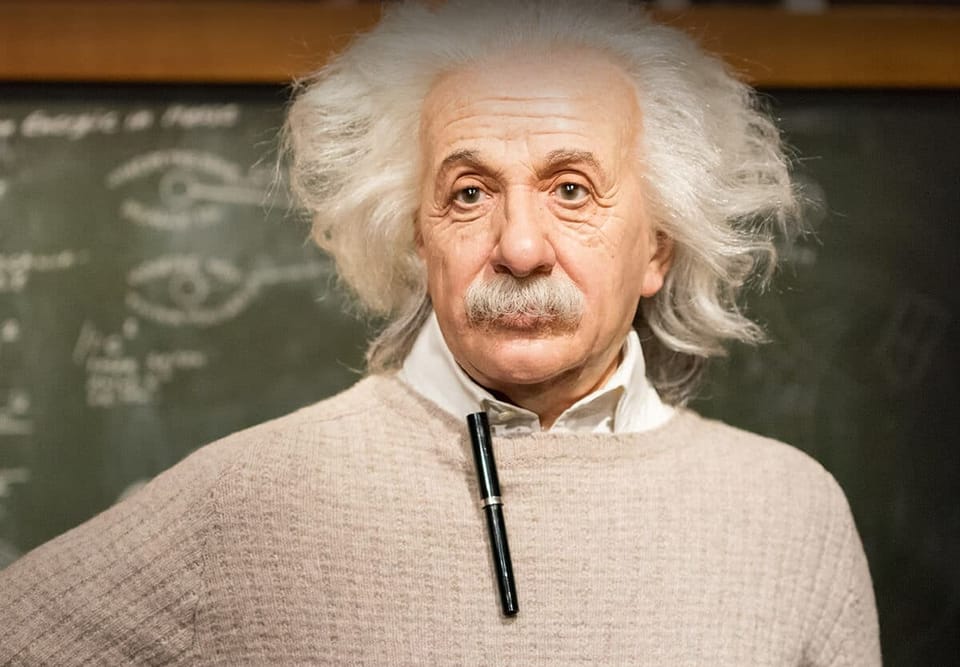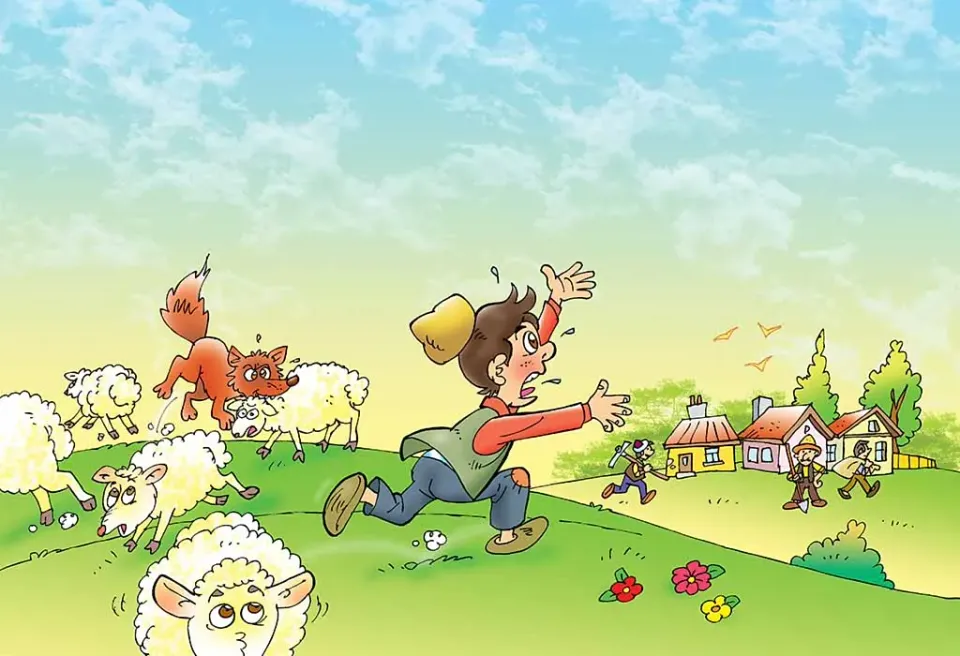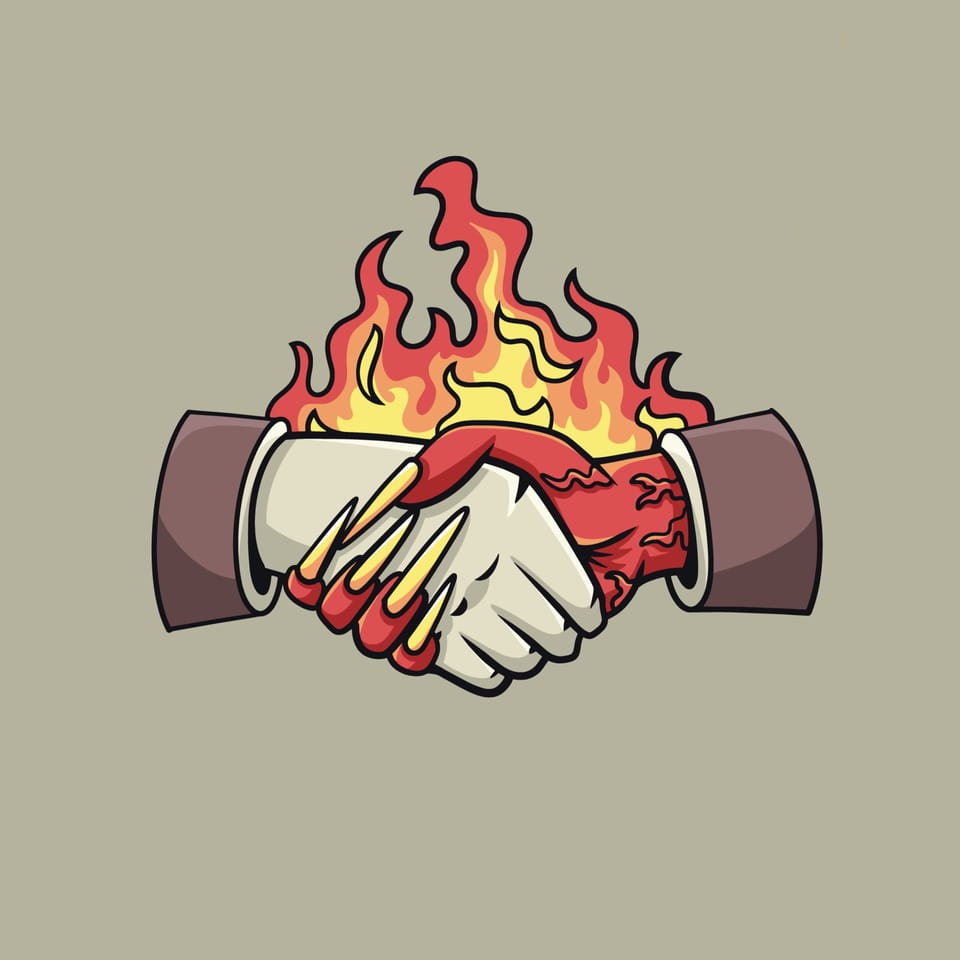The Unending Nakba: A History of Forced Displacement and Zionist Militia Violence Against Palestinians

Every year on May 15, Palestinians around the globe observe Nakba Day, marking the anniversary of the catastrophic events that began in 1948 during the Arab-Israeli War, leading to mass displacement and expulsion of the Palestinian population. This year, the commemoration took on new significance, with over 450,000 people—nearly a quarter of Gaza’s population—newly displaced in the past week alone.
Nakba Day is not merely a day of mourning but a reminder of the ongoing struggle for Palestinian rights and recognition. The historical events and the forces driving the Nakba provide a crucial context for understanding the current humanitarian crisis in Gaza.
Political Zionism, the movement to establish a Jewish state, began in the 19th century. However, it was the persecution of Jews in Europe in the 1930s and the horrors of the Holocaust that intensified Jewish migration to what was then British-controlled Mandatory Palestine, a land with a majority Muslim-Palestinian population. Amid rising tensions, the United Nations proposed partitioning the land into separate Arab and Jewish states. The plan was vehemently opposed by the Arab inhabitants, leading to civil unrest and war.
In the years leading up to and during the 1948 war, Zionist militias such as the Irgun, Lehi, and Haganah played a pivotal role in displacing Palestinians. These groups, often acting with the impunity of criminals and thugs, committed numerous atrocities aimed at terrorizing the native population and driving them from their homes.
One of the most infamous events was the Deir Yassin massacre on April 9, 1948, where around 107 Palestinian villagers, including women and children, were brutally murdered by the Irgun and Lehi militias. This massacre, along with many others, served as a deliberate tactic to instill fear and facilitate the expulsion of Palestinians. In another heinous act, the town of Akka (Acre) was subjected to biological warfare, with its water supply poisoned in an attempt to force the residents to flee.
The consequences were devastating. From 1947 to 1949, 531 Palestinian towns and villages were destroyed by Israeli militias, leading to the displacement of over 800,000 Palestinians. Homes were shelled, cultural sites were obliterated, and entire communities were uprooted. These actions resulted in the deaths of approximately 15,000 Palestinians, including women and children, as documented by independent sources.
The Nakba's impact is deeply personal for many Palestinians. Razan Ghabin, a 26-year-old Palestinian living in the U.S., recalls her grandmother Othmana As'ad Ghabin's harrowing experiences. Othmana, a refugee from Lifta, a village near Jerusalem, recounted how her family was attacked and forced to hide in caves. They later established a life as refugees in Ramallah but never returned to their homeland.
Yousef Kassim, a Palestinian-American and son of Nakba survivors, underscores the importance of remembering and sharing these stories. His family, originally from Lifta and neighboring Deir Yassin, experienced brutal attacks and permanent displacement. Kassim's grandfather, who rented houses to Holocaust survivors and Jewish immigrants, was left destitute and barred from returning to his land, highlighting the ongoing injustice faced by many Palestinians.
Nakba Day remains a day of reflection and demand for justice for Palestinians worldwide. Palestinian right of return groups and committees continue to advocate for the rights of displaced Palestinians, rejecting resettlement and insisting on the right to return to their ancestral lands. Commemorations include marches, rallies, speeches, publications, and cultural activities, all aimed at keeping the memory of the Nakba alive and pressing for an end to the military occupation and Israeli apartheid systems.
Despite the atrocities and the ongoing struggle, Palestinians draw inspiration from the resilience and grace shown by their parents and grandparents in the face of unimaginable hardships. The Nakba is not just a historical event; it is an enduring reality that continues to shape the lives of Palestinians today.









